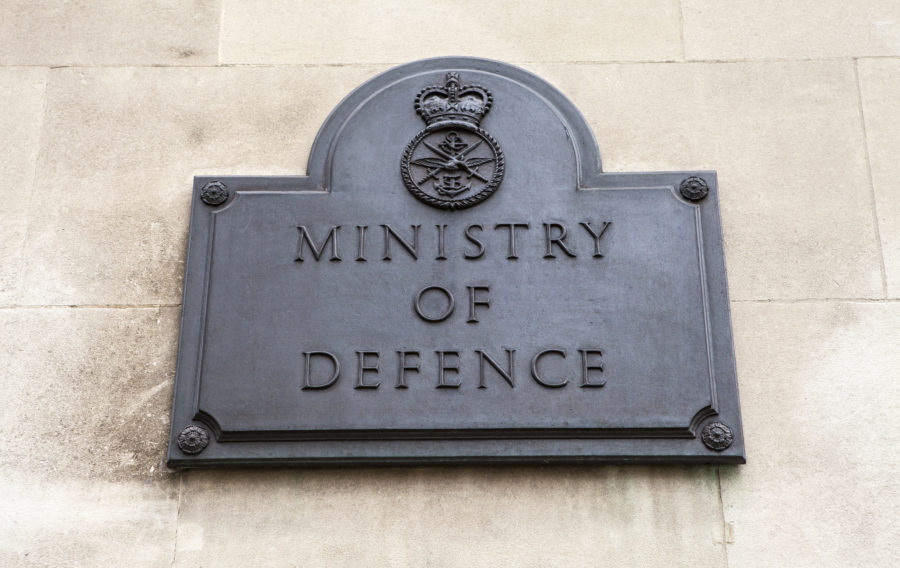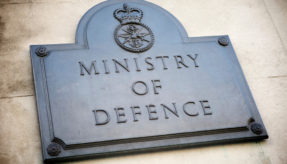
The MOD is to conduct its five-yearly review of the armed forces’ exemption from the UN Convention on the Rights of Persons with Disabilities.
The exemption means that the armed forces are not required by law, to recruit or retain personnel with a condition that may be disabling under UK law.
Disability is defined as a person with ‘a physical or mental impairment, which has a substantial and long-term adverse effect on the ability to carry out normal day-to-day activities.’ In a practical sense, this includes a broad range of physical and mental conditions, including cancer and multiple sclerosis, to arthritis and mental health.
As part of the UK’s obligations to the UN’s Convention on the Rights of Persons with Disabilities, every five years it must look again at the armed forces’ exemption and review whether it is still appropriate.
The review will look at how the exemption affects the operational capability of the armed forces and our personnel and will examine if alternative options could better support personnel without any negative impact on operational effectiveness.
To achieve this, the review will look at how the military compares with the blue light services, to understand how being part of the Convention affects their workforces. The MOD will also work with other nations to share perspectives and best practice.
Personnel with a disability already serve in a variety of roles across the Armed Forces, and while the MOD does not currently hold exact figures on military personnel with a disability, the department plans to enable better data collection in the future.
Minister for Defence People and Veterans Tobias Ellwood said: “In an ever-changing world, we need to ensure that the armed forces maintain their operational effectiveness, while at the same time looking after all of our personnel who serve.
“This review demonstrates that we are taking the issue of disability seriously and that we are open-minded in our approach.”
If you would like to join our community and read more articles like this then please click here.
MOD UN Convention on the Rights of Persons with Disabilities







